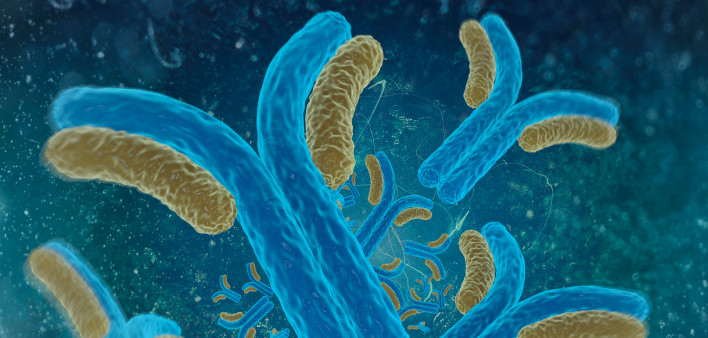Broadly neutralizing antibodies (bnAbs) can delay HIV rebound and even lead to long-term remission. People with HIV normally make antibodies against the virus, but HIV can usually escape them. Some people, however, produce more efficient antibodies. One recent study tested a combination of two such bnAbs, 3BNC117 and 10-1074, in people with chronic HIV who had been on antiretroviral therapy for at least a year. Thirteen out of 17 people who stopped their antiretrovirals two days after the first antibody infusion maintained viral suppression for at least 20 weeks, and two participants who received all seven antibody doses remained suppressed after one year. In a second study, people new to HIV treatment received 3BNC117, the latency--reversing agent romidepsin or both along with antiretroviral therapy. After a year on treatment, four out of five participants whose HIV was fully sensitive to 3BNC117 maintained a viral load below 5,000 during a 12-week antiretroviral interruption, and one man still had an undetectable viral load 3.7 years later.

istock
Cure: Antibody Therapy
Broadly neutralizing antibodies (bnAbs) can delay HIV rebound and even lead to long-term remission.






Comments
Comments